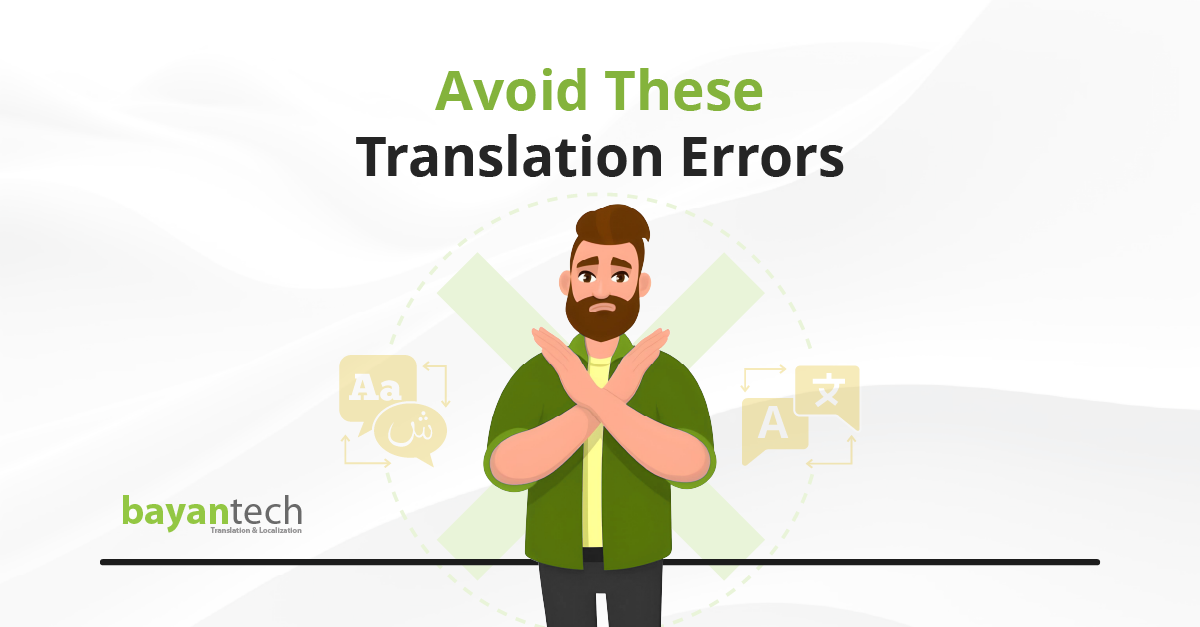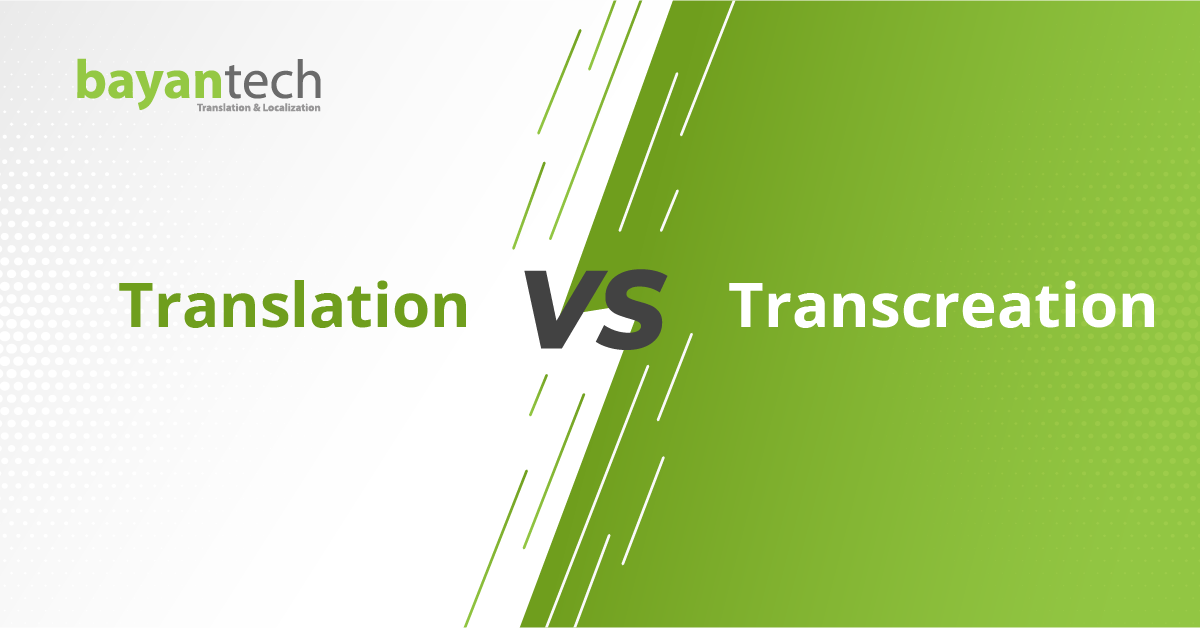While full-scale translation of all your business content is ideal for effective communication with partners, clients, and customers globally, we know it can stretch budgets to the limit.
Taking a tailored approach and prioritizing strategic content is smarter for most budgets. Done right, focusing your translation efforts on crucial content types will supercharge your international success without breaking the bank.
And now the important question is which content should rise to the top of your translation priority list?
We have the answer.
In this blog, we will explore the core types of business content that make the most impact when professionally localized into new languages, from captivating marketing materials to legally binding contracts.
You will also learn why prioritizing this content for business translation delivers the highest return on investment.
So, ready to get started?
4 Key Content Types That Need Business Translation – and Why
- 1. Financial Content
Financial content is one of the most important types of content businesses need to translate for successful global operations.
It refers to a broad spectrum of documents that pertain to the financial aspects of a business, encompassing materials that provide insights into the monetary health, performance, and management of a company.
Here are some examples of financial content:
- 1. Financial Content
- Balance Sheets
- Income Statements
- Cash Flow Statement
- 2. Annual Reports
- Management Discussion & Analysis
- Financial Statements
- Notes to Financial Statements
- 3. Investor Reports
- Market Research
- Industry Analysis
- Financial Projections
- Risk Assessments
- Strategies for Maximizing Returns on Investment
- 4. Regulatory Filings
- Annual Reports
- Quarterly Reports
- Current Reports
- 5. Business Plans
- 6. Shareholder Communications
- 7. Market Research and Economic Analyses
Why You Need Business Translation For Your Financial Content
- To Attract International Investors
In the business world, communication is crucial for collaboration and negotiations. Investors rely on financial information to evaluate the potential risks and returns of their investments. And when such vital data are available in the investors’ native language, they are more likely to get attracted to your business.
According to research, the misalignment of language between investors and firms underweights foreign investment’s security in an international portfolio.
US investors, for instance, are 32% less attracted to Cubic firms that have more financial information produced and searchable in French than in English during each fiscal year.

So, getting professional financial translation services for content like annual reports and investment documents allows you to:
- Communicate your financial performance.
- Report market opportunities & growth strategies to a broader range of investors.
- Instill confidence and demonstrate your commitment to transparency.
Want to explore financial translation best practices? You can find them here.
- To Comply With International Regulations
When a business organization wants to collaborate or merge with another out of the country, the former must comply with country-specific regulations. One of which is translating legal documents into the country’s local language.
Many countries have strict regulations to ensure consistency and accuracy in financial reporting and enhance transparency, comparability, and reliability of financial statements.
- In the US, publicly traded companies must adhere to the Generally Accepted Accounting Principles (GAAP).
- Financial Reporting Standards (IFRS) are applied across EU member countries.
- Chinese companies follow The Chinese Accounting Standards (CAS)
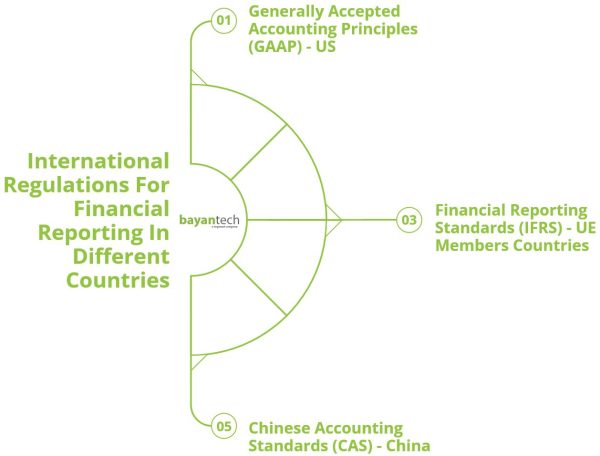
High-quality translation of business documents like regulatory filings, annual reports, and other necessary financial documents not only helps companies meet legal obligations but also provides investors with reliable information to make informed decisions.
- For Decision-Making & Analysis
Accurate translation of financial content enables multinational companies to consolidate financial data from various regions, facilitating comprehensive analysis and decision-making.
Translating documents like market research reports, economic analyses, and financial projections helps management evaluate opportunities, assess risks, and devise effective strategies across diverse markets.
- To Facilitate Stakeholders' Communication
Translating financial content is also essential for communication with stakeholders such as employees, suppliers, partners, and customers.
It allows them to understand the financial health of the company, its performance in different markets, and its future plans, fostering trust and strengthening relationships.
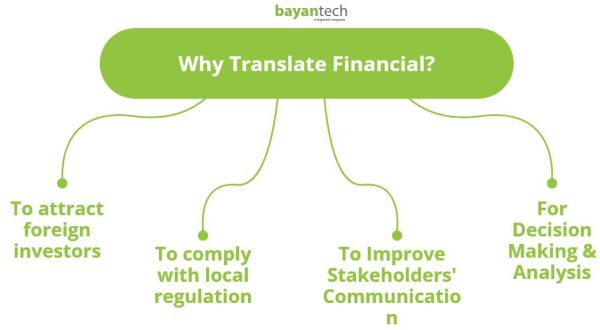
- 2. Legal Content
Legal content is also as important as financial content to translate for smooth penetration into different multilingual markets.
It encompasses a wide range of materials that address various legal aspects of a business or organization including legal rights, obligations, regulations, and compliance requirements. And for organizations engaging in international operations, legal translation services are a must-have.
Let us check together different examples of legal documents.
- a. Contracts and Agreements
- Purchase Agreements
- Service Contracts
- Employment Contracts
- Non-disclosure Agreements (NDAs)
- Licensing Agreements
- b. Corporate Governance Documents
- Articles of Incorporation
- Bylaws
- Shareholder Agreements
- Board of Directors Resolutions
- Corporate Policies and Procedures
- c. Compliance and Regulatory Documentation
- Privacy Policies
- Terms of Service
- Compliance Reports
- Regulatory Filings and Disclosures
- Anti-money Laundering (AML) Policies
- d. Intellectual Property (IP) Documents
- Trademark Registrations
- Copyright Notices
- Current Reports
- Patent Applications
- Licensing Agreements for IP Rights
- Non-compete Agreements
- e. Legal Opinions and Advice
- Legal Memos
- Opinion Letters
- Due Diligence Reports
- Legal Risk Assessments
- f. Litigation & Dispute Resolution
- Court Pleadings and Filings
- Settlement Agreements
- Arbitration and Mediation Documents
- Legal Opinions related to Litigation Strategy
- g. Compliance Training & Employee Handbooks
- Code of Conduct
- Anti-discrimination Policies
- Health and Safety Guidelines
- Whistleblower Policies
- Training Materials on Legal Compliance
Sign up to our newsletter to receive the latest blogs and news.
Why You Need Business Translation For Your Legal Content
- To Comply With Consumer Protection Laws
When expanding your business into new foreign markets, you must provide your consumers with clear and accurate information not only about your products and services but also about their rights.
135 countries around the world have established consumer laws and policies, and to tap into any of these markets, you will need business translation for your consumer contracts, product warranties, disclaimers, terms of use, and other consumer-related legal content
This will help you communicate effectively with your customers, ensuring transparency and compliance with consumer protection laws in every area you target.
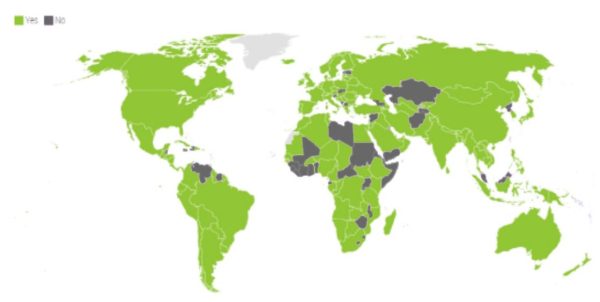
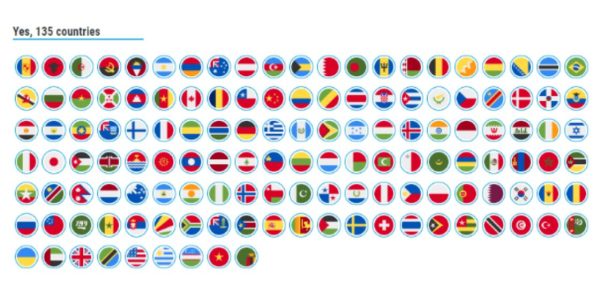
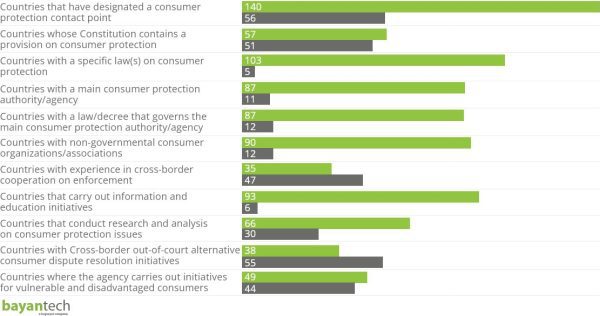
- For Effective Protection Of Intellectual Property
Protecting your business intellectual property (IP) globally is crucial for businesses. Each country has its own legal system and regulations governing intellectual property.
Translating IP-related documents like patents, trademarks, and copyrights ensures that businesses understand and comply with local laws, including IP laws, regulations, and filing requirements. This is crucial for maintaining the validity and enforceability of IP rights in different jurisdictions.
If you assume your local country’s intellectual property laws are applicable everywhere, consider the case of Apple and Proview in China.
Proview claimed ownership of the “iPad” name in the Chinese market, while Apple maintained that it had acquired worldwide rights to the name back in 2009. To resolve the dispute, Apple agreed to pay $60 million to Proview, as announced by the Guangdong High People’s Court
A Client’s Checklist for Choosing The Right Business Translation Agency
Download this handy checklist to inform your decision and help you collaborate with the right business translation agency.
A Client’s Checklist for Choosing The Right Business Translation Agency
Download this handy checklist to inform your decision and help you collaborate with the right business translation agency.
- For A Clear Understanding Of Rights, Obligations, And Responsibilities
Businesses often enter into contracts and agreements with international partners, suppliers, distributors, and clients, and, in this case, understanding how laws work in different countries becomes crucial.
Translating these contracts and other important legal documents ensures that all parties involved have a clear understanding of their rights, obligations, and responsibilities. But most importantly, it helps you to avoid any potential legal issues that may arise when making international business dealings because of language barriers.
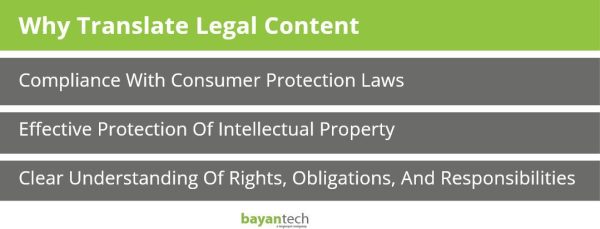
- 3. Marketing Content
How do you expect to resonate with your target audience if your marketing content fails to address them in their native language?
Marketing content refers to all the materials created to promote products, services, or brands with the goal of attracting, engaging, and converting customers.
It includes various forms of communication designed to reach and influence target audiences and it can be both digital and traditional, encompassing written, visual, and audio elements.
Translating this sensitive type of content can be a game changer for your business’s success in global markets. Let us see what it involves.
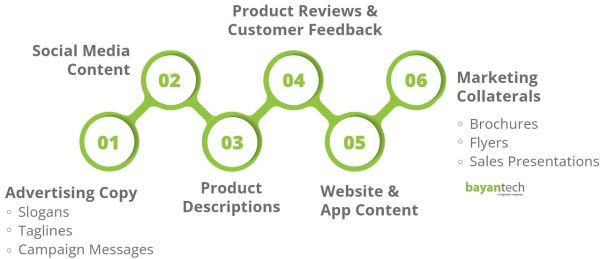
Why You Need Business Translation For Your Marketing Content
- Communicate & Connect With More Audiences
When marketing content is translated into the language spoken by your target audience, it creates a sense of familiarity and comfort.
Customers appreciate businesses that make an effort to communicate in their native language as it eliminates language barriers and facilitates clear understanding. 65% of global customers reported that they prioritize getting content in their native language, even if it’s poor quality.
You can know more about the best practices for website localization here.

- Building Trust and Credibility
Consumers are more likely to trust and engage with brands that communicate in their native language. Clear communication helps avoid misunderstandings or misinterpretations that could erode trust.
73% of customers want product reviews in their native language. And so, translating reviews and testimonials into your customers’ language establishes authenticity and credibility and offers social proof that reinforces trust in your brand.

- Increasing Customer Engagement
Effective communication is the foundation of customer engagement. When your marketing content is translated accurately, potential customers can better understand the value of your products and services, fully grasp the intended information, and truly feel valued and understood.
And all of this leads to a better customer experience, increased engagement, and more interest in your brand and what it offers.
- Improving SEO & Online Visibility
Translating your key digital content like website pages, blog content, and more into the languages of your target international audiences can significantly improve your international Search Engine Optimization (SEO).
So how is that? The answer is SEO localization.
By investing in optimizing your translations for locally relevant search terms and keywords, you can attract more organic search traffic and make your business more discoverable and visible to those searching in their native language in every market you target.
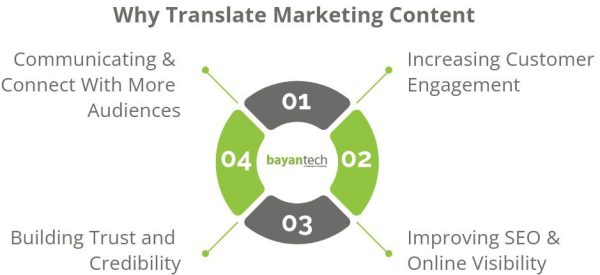
Working with a professional international SEO agency can be a good step toward ensuring effective optimization for global search engines.
- 4. Internal Documents
Yes, even your internal documents should be on your priority list of the most important content you need business translation for.
By internal documents, we refer to all written materials that are created, exchanged, and utilized within a business organization for internal purposes.
These documents play a vital role in facilitating internal communication, documenting processes, ensuring compliance, and supporting decision-making.
And for companies with multinational and multilingual workforce, translating internal documents allows businesses to extend their reach, foster inclusivity, and align their global workforce.
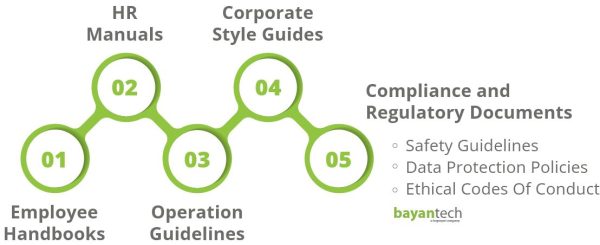
Why You Need Business Translation For Your Internal Documentation
- To Boost Employee Engagement & Satisfaction
Companies with high levels of employee engagement enjoy a notable 21% increase in profitability.
The first step to achieving employee engagement is respecting their language differences.
Translating your internal documentation demonstrates your commitment to boosting inclusivity and employee satisfaction. Your employees feel valued, respected, and empowered when they can easily access important information in their native language.
This ultimately increases engagement, productivity, and loyalty among your workforce and also contributes to your overall profitability.

- To Enhance Communication & Collaboration
Clear and effective communication is at the core of successful business operations. Getting business translation for your internal documents enables your teams across multiple language groups to understand and contribute to shared goals, projects, and strategies.
And, hence, it promotes collaboration, minimizes misunderstandings, and fosters a cohesive work environment.
- To Maintain A Consistent Corporate Culture
Internal documents, such as employee handbooks, policies, and procedures, play a crucial role in shaping and maintaining a consistent corporate culture. When these documents are translated, employees across different regions or countries can align with the organization’s values, goals, and expectations, which fosters a sense of belonging and unity among the workforce.
- For Effective Workforce Training & Development
Training materials like training programs, user manuals, and knowledge bases are essential for employee onboarding, skill development, and ongoing training initiatives. And if you have a multilingual workforce, translating these materials becomes necessary to provide them with consistent and effective training.
This will help you ensure that all employees have access to the same information regardless of their language proficiency.
8 Steps Every Medical Interpreter Takes
Looking for a medical interpreter? Discover the career path of medical interpreters and qualifications they need to acquire to take on interpreting jobs.
bayantech: Your Professional Translation Partner
As an ISO 17001 and ISO 9001 certified business translation agency, we at bayantech understand the intricacies of business translation – from financial and legal terminology to industry-specific marketing copy.
With almost two decades of experience in providing specialized translation services, we empower our clients to break through multilingual markets with confidence and ease against all linguistic and cultural challenges.
Our translation teams hold native-speaking translators in over 120 languages and regional dialects. And this ensures that we capture the nuances of your content correctly, maintain cultural relevance, and ensure consistency of industry terminology across all translations.
At bayantech, we rely on advanced CAT tools and translation software to deliver high-quality business translations with quick turnaround times and at highly competitive rates.
So, whether you need document translation or complete multilingual website localization, rest assured that our business translation agency has the capabilities and capacity to scale to your translation project needs.
Contact us today for a business translation service quote to drive your global success.





